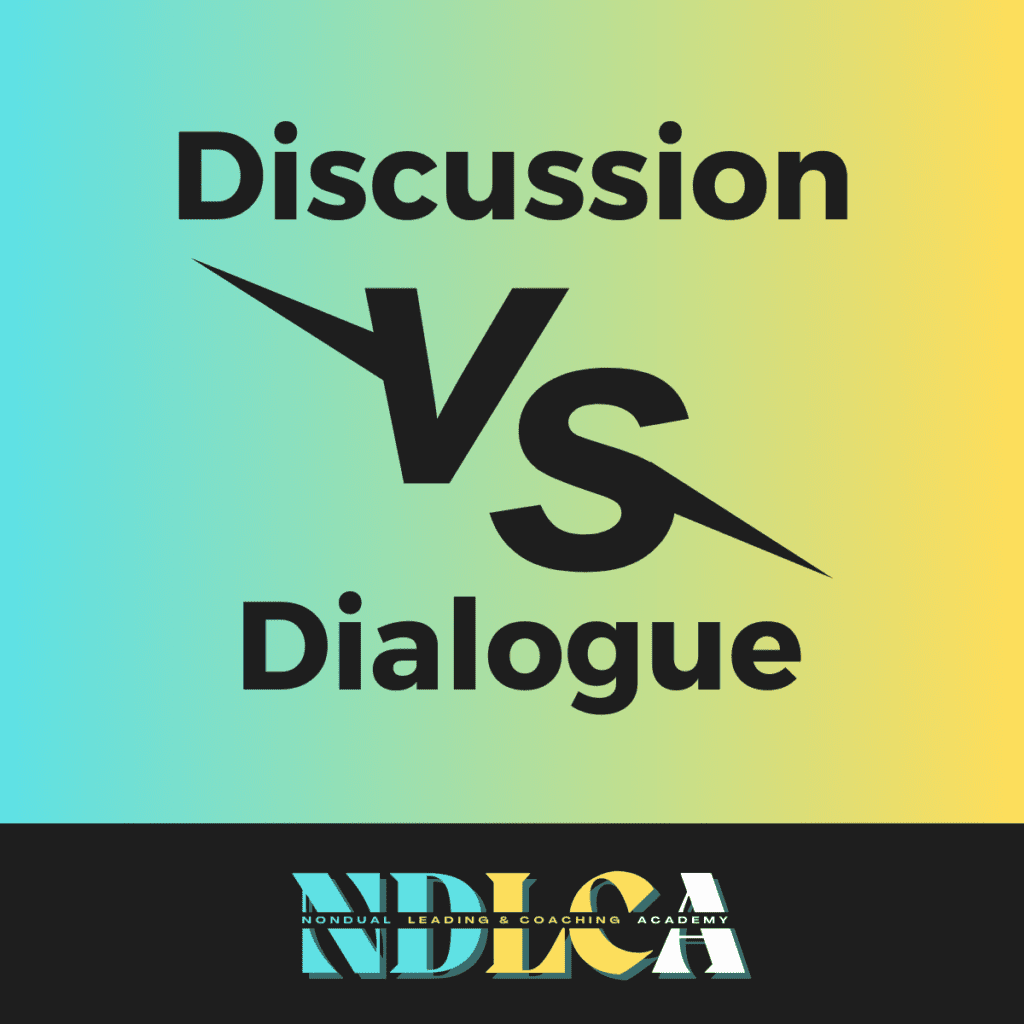The Power of Dialogue
What is the main difference between a discussion and a dialogue, if any?
I often view a discussion as a limited form of dialogue. If you agree or disagree with this, you’ve joined a discussion. If you can simply observe this mental mechanism without necessarily acting on it, you’ve entered into a dialogue.
In a dialogue, the speaker and listener are both free from the need to reach agreement. Communication flows naturally. Finding common ground and resolving differences becomes effortless.
Why do I believe a discussion is limited? The constant need to (dis)agree distracts from truly listening. When you (dis)agree with something, you introduce new, or reinforce existing, static ideas. The mind intervenes between the speaker and listener, consuming the space where genuine listening occurs.
Can you listen without (dis)agreeing? I believe true listening becomes possible precisely when there is no debate. I’m not suggesting we abandon the mechanism entirely, but I think it should no longer dominate the conversation. When this happens, the conversation becomes unified. Both parties genuinely listen to what is being said, and the roles of speaker and listener merge.


Join the NDLCA community
At NDLCA we support each other in being of service from self-less presence. We’re an international, online community of coaches and helping professionals.
As a member of the NDLCA community, you’ll connect with practitioners who align with self-less principles.
Access weekly dialogues and a vibrant group chat, all designed to support your profession in a way that serves others.
